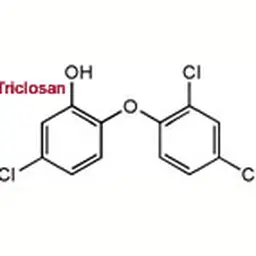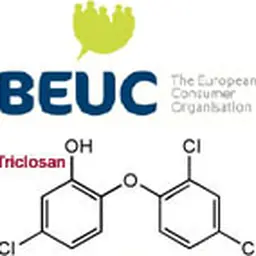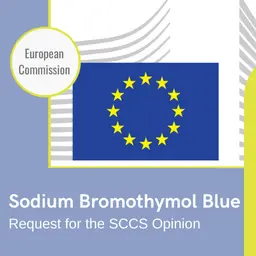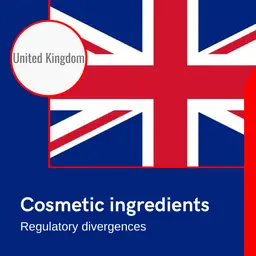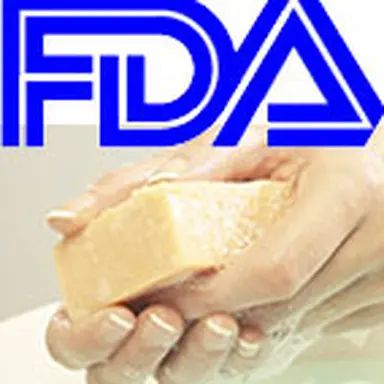
No evidence that they are any more effective at preventing illness than plain soaps, ingredients such as triclosan and triclocarban which may carry unnecessary risks: US FDA decided to take a closer look at antibacterial soaps. And issued a proposed rule that would require manufacturers to provide more substantial data to demonstrate the safety and effectiveness of their products.
When you're buying soaps and body washes, asks FDA to consumers, do you reach for the bar or bottle labeled "antibacterial"? Are you thinking that these products, in addition to keeping you clean, will reduce your risk of getting sick or passing on germs to others?
Not necessarily, according to experts at the Food and Drug Administration (FDA).
Every day, consumers use antibacterial soaps and body washes at home, work, school and in other public settings. Especially because so many consumers use them, FDA believes that there should be clearly demonstrated benefits to balance any potential risks.
In fact, there currently is no evidence that over-the-counter (OTC) antibacterial soap products are any more effective at preventing illness than washing with plain soap and water, says Colleen Rogers, Ph.D., a lead microbiologist at FDA.
Moreover, antibacterial soap products contain chemical ingredients, such as triclosan and triclocarban, which may carry unnecessary risks given that their benefits are unproven.
"New data suggest that the risks associated with long-term, daily use of antibacterial soaps may outweigh the benefits," Rogers says. "There are indications that certain ingredients in these soaps may contribute to bacterial resistance to antibiotics, and may have unanticipated hormonal effects that are …

